Go Wild Grants
Do you have ideas for your schoolyard that will help nature thrive? Apply by October 23 for up to $1,500 to bring your proposal to life with a WWF Go Wild Grant!
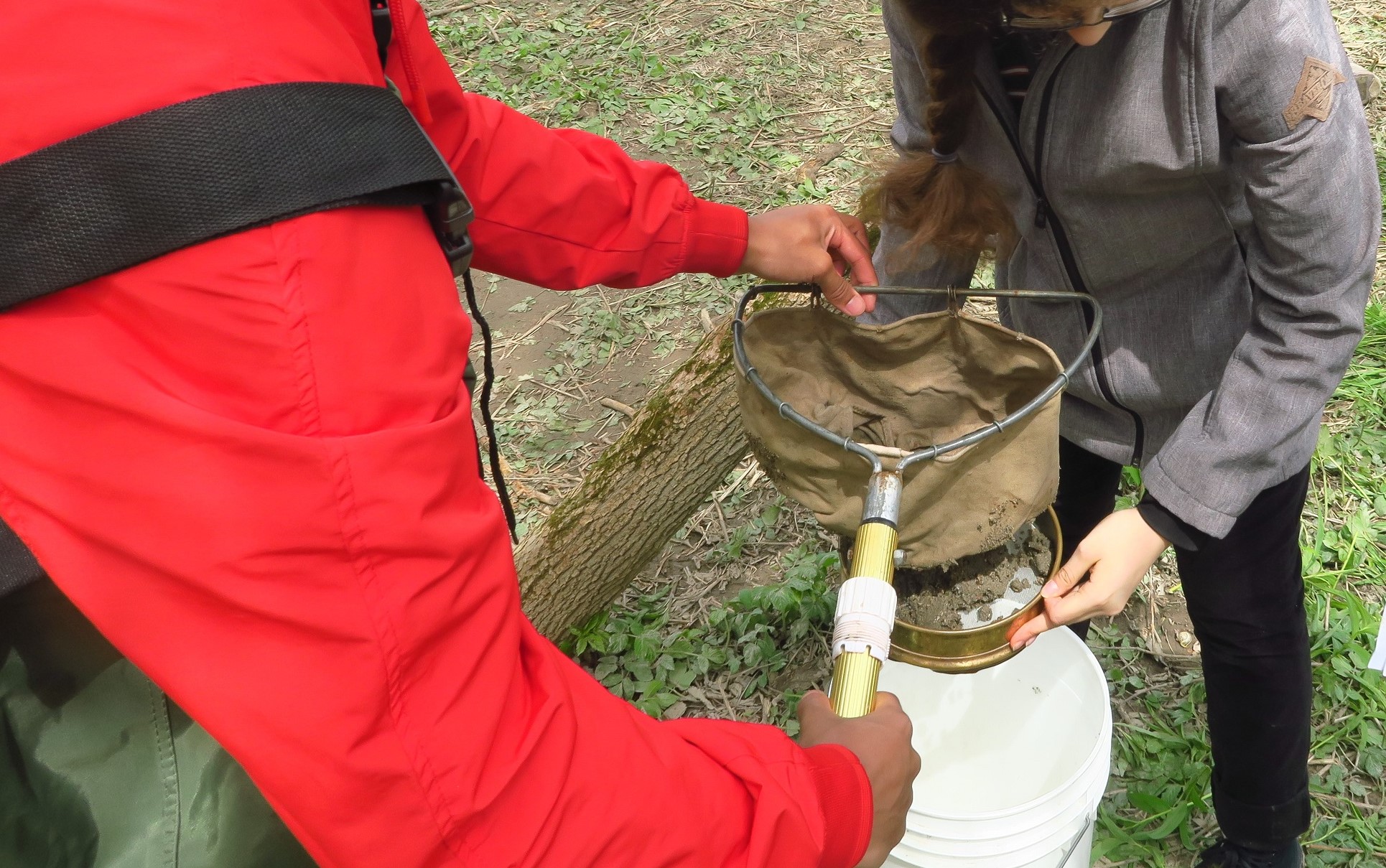
Students are rolling up their sleeves to create habitat, leading Go Wild projects for nature, and more. Check out the activities and resources available to support your students in helping nature thrive.
Canadian youth and educators are building a future where wildlife and people thrive. Students are taking hands-on action to help protect and steward nature. Learn how you can engage your students and contribute to nationwide impact when you track and share your accomplishments.
Do you have ideas for your schoolyard that will help nature thrive? Apply by October 23 for up to $1,500 to bring your proposal to life with a WWF Go Wild Grant!
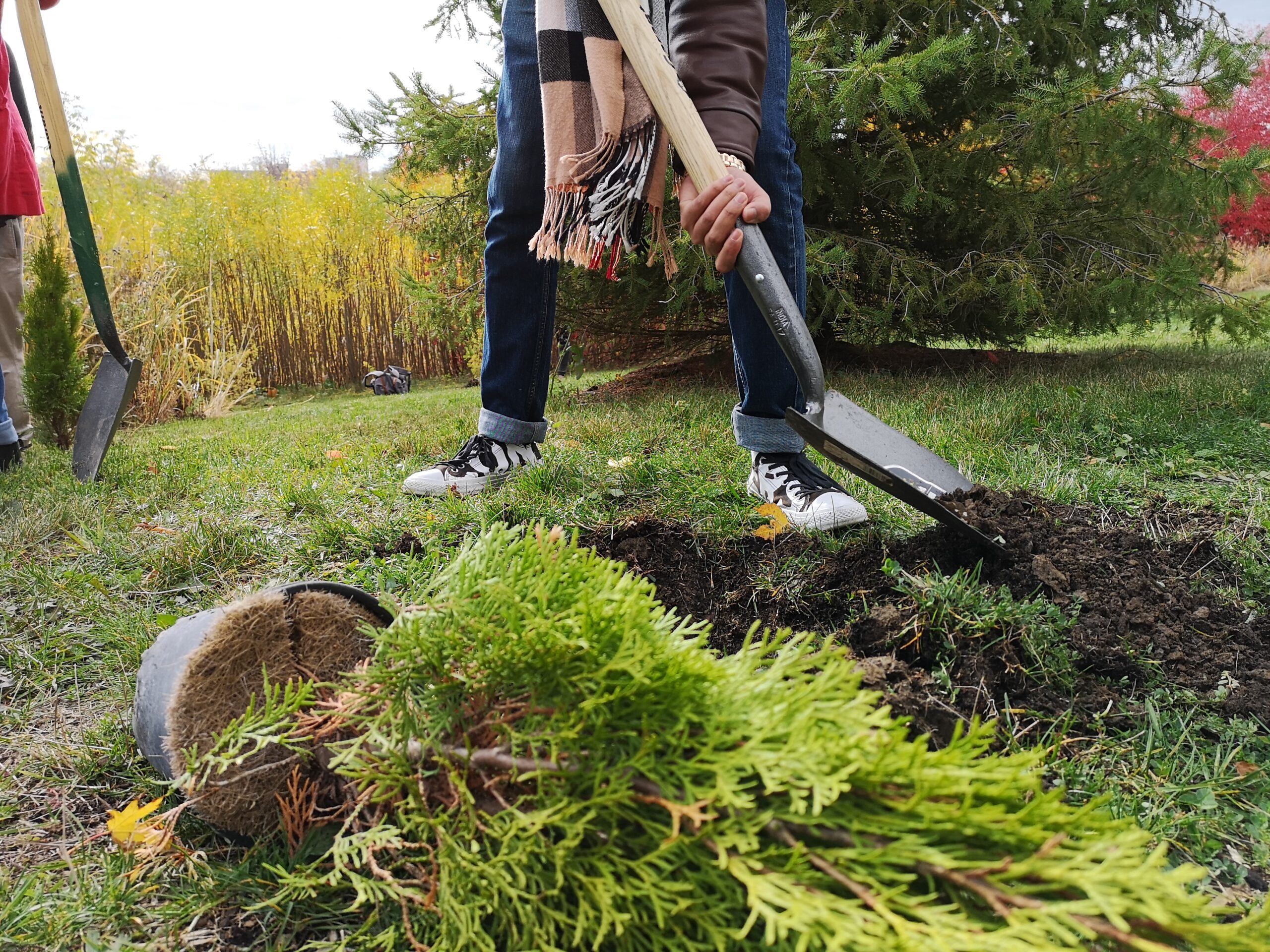
By growing native plants and trees in your schoolyard, your students can help restore wildlife habitat and sequester carbon while creating an outdoor space for many to enjoy! It’s one way your school can contribute a positive impact for nature and climate.

Explore how you and your students can restore habitat and welcome wildlife in your schoolyard. Your students will learn about local ecosystems, how to plan a project, and how native plants provide food and shelter for wildlife, supporting species at risk!

Our Planet is a Netflix documentary series and a groundbreaking four-year collaboration between Netflix, Silverback films and WWF. From oceans to freshwater systems, frozen worlds to forests, the series explores the rich natural wonders, iconic species and wildlife spectacles that still remain, and reveals the key issues that urgently threaten their existence.
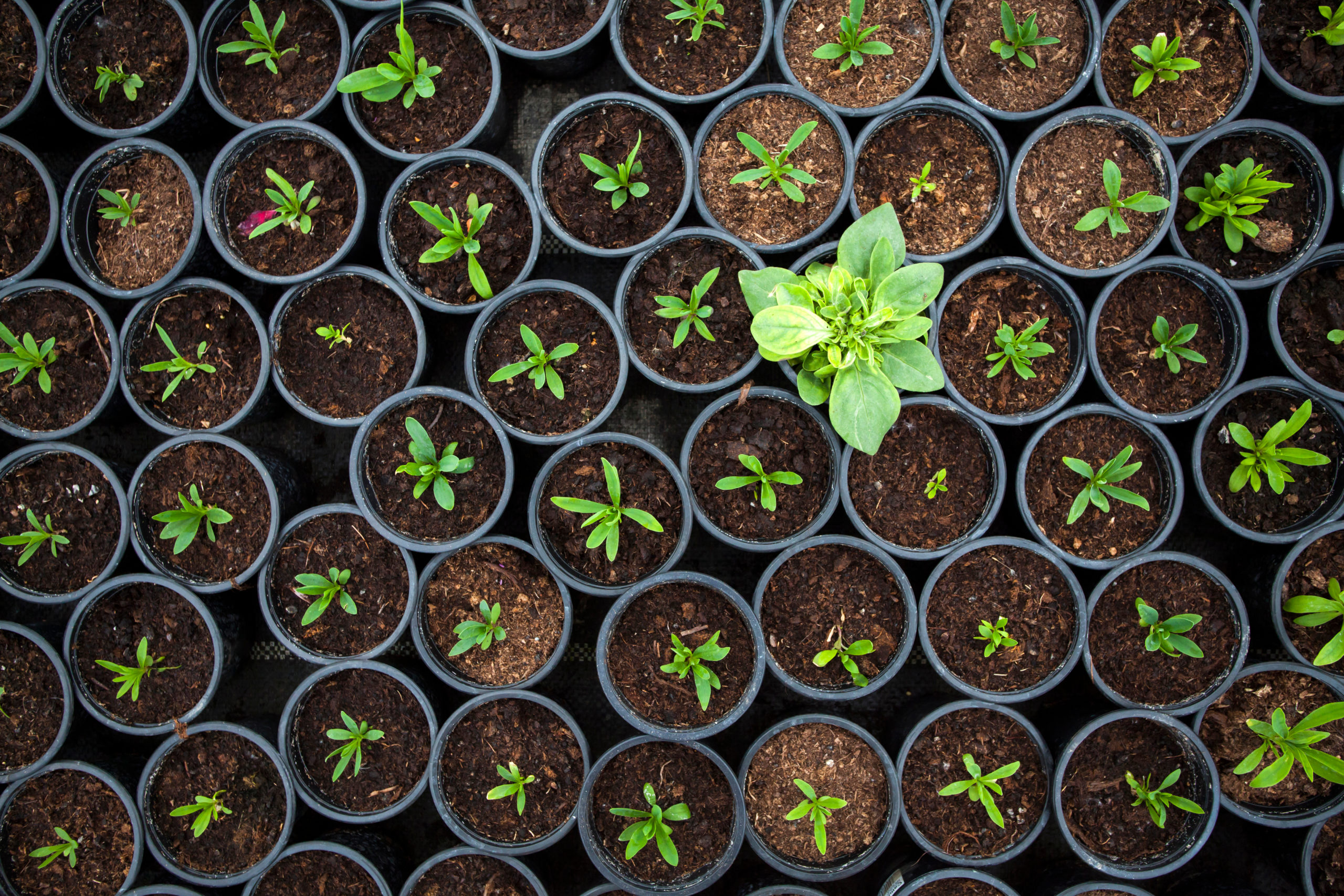
Every year, primary and secondary schools bring their ideas to life through Go Wild Grants. WWF-Canada accepts proposals each fall.
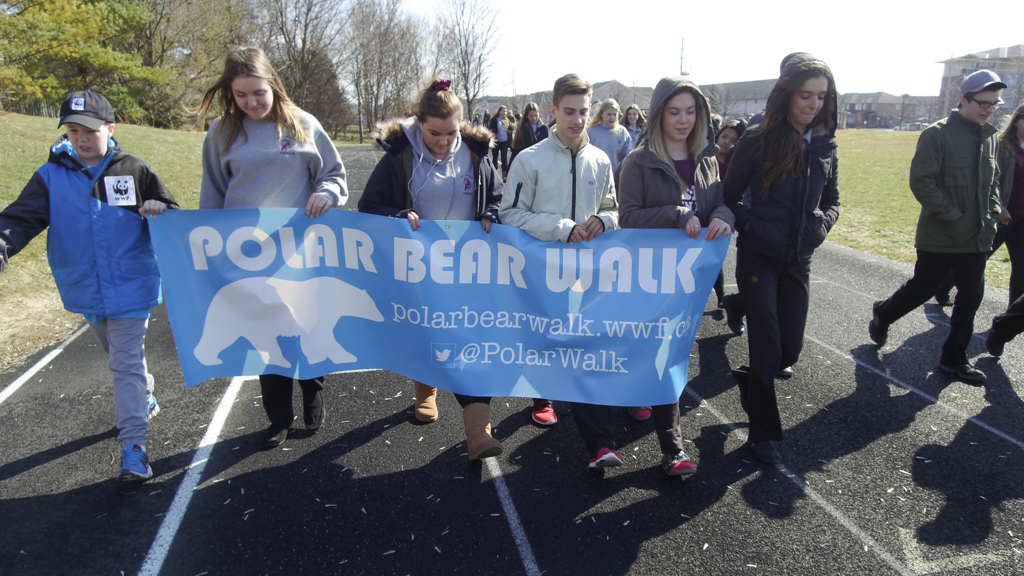
Join teachers and students from across Canada during the month of February, International Polar Bear Day, for a symbolic school walk to support Arctic wildlife. Small groups, a classroom or the entire school can get involved while learning about the effects of climate change on wildlife and the importance of taking action.
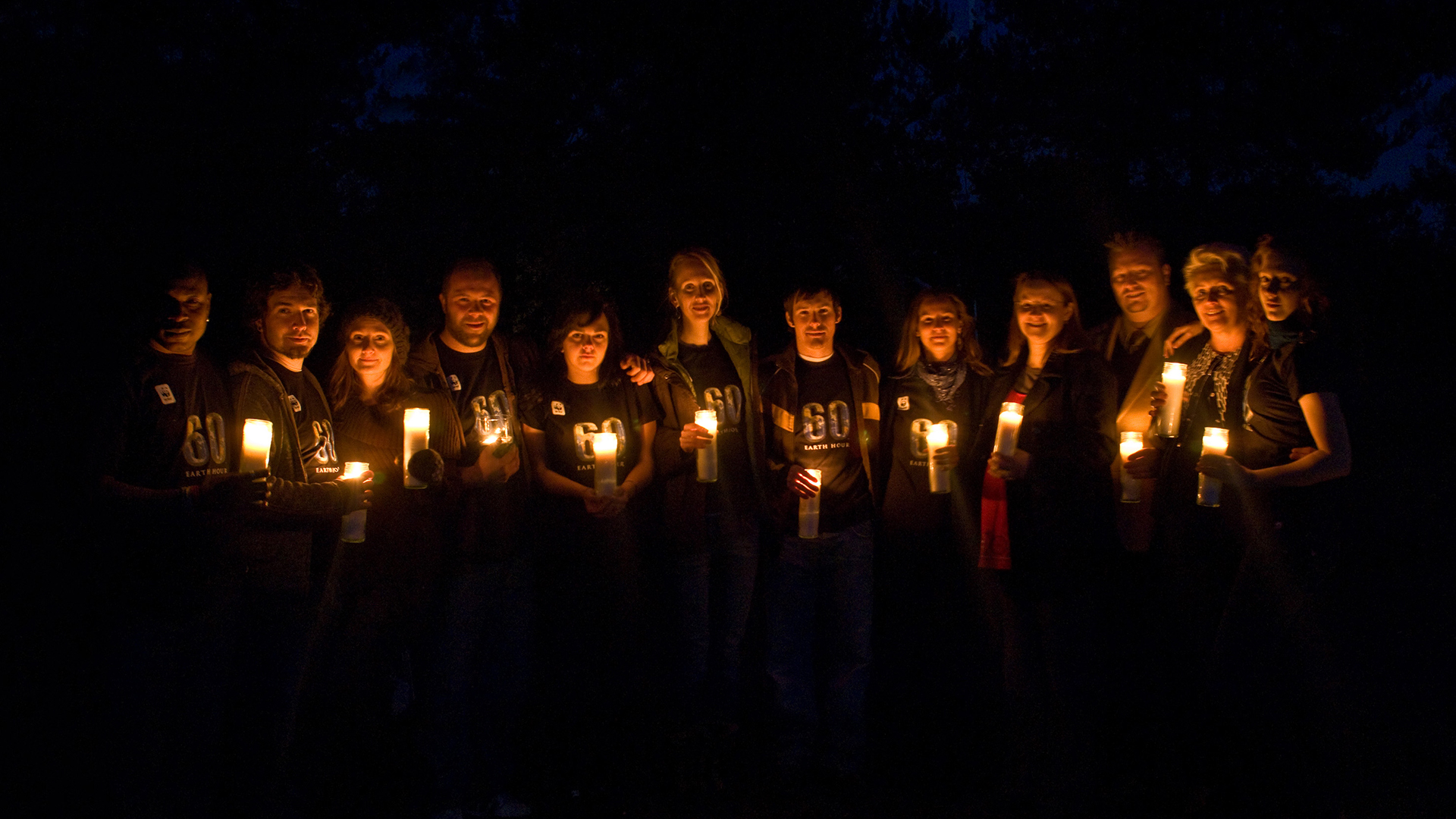
What began as a symbolic lights-out event in Sydney in 2007, WWF’s Earth Hour has grown to become the world’s largest grassroots movement for the environment. Earth Hour 2025 is March 22 from 8:30 to 9:30 p.m.
Help protect threatened species and their habitats.